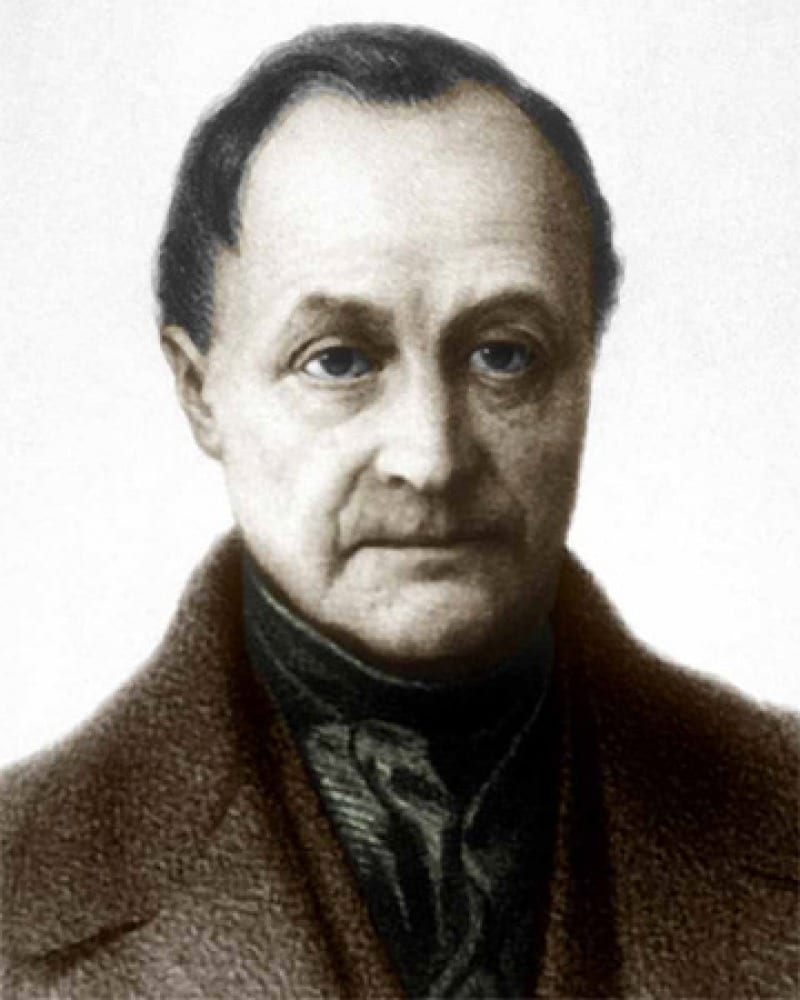Today order (which for Aristotle is basically a synonym for beauty) is often condemned as a product of our ‘conspiracy theory perception’ (1) and not actually part of the object, leaving it with no natural significance. Many of the moderns believed after recent psychological advances that they were ‘up one’ on primitive Aristotle as though this ‘intrinsic finality illusion’ could not be something he would have seen.
But Aristotle was he was keenly aware of the idea that purpose can be extrinsic to the object. For him there are natural objects and there are artifacts (2). Artifacts have order imposed on them by us (like desks, paintings and skyscrapers) and they imitate natural objects which somehow contain order already within them. If they did not contain order, there would be no sense in anything we perceive.
Scientific reductionists (those who think order even in nature is created by our mind and really everything is just reducible to small particles acting coincidentally) and some modern artists alike cannot accept that order and beauty exist outside the perceiver (exist objectively), and yet they relish in and depend on it for their very scientific operation. Much more could be said about this but I won’t ruin the above! (3)
What a fine artifact!
